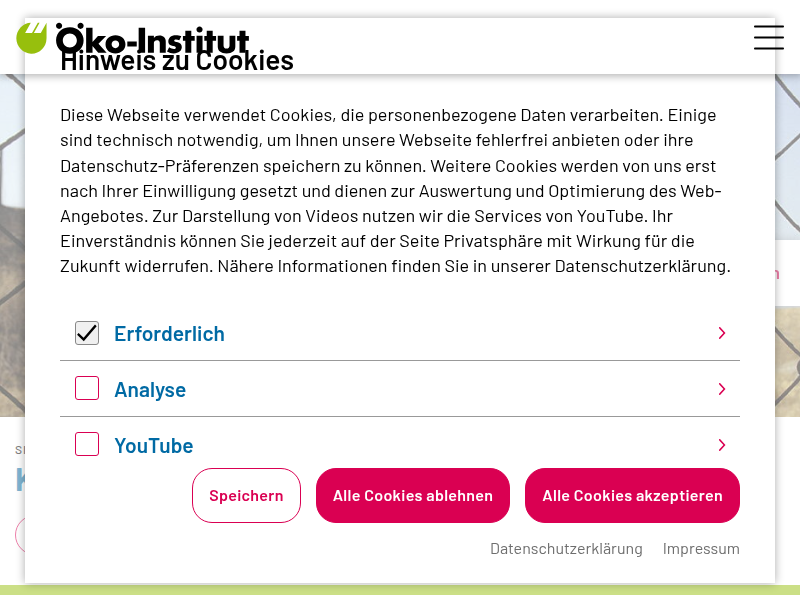Unternehmen verpflichtet sich, Treibhausgasemissionen bis zum Jahr 2015 um 15 Prozent zu senken Weltweite Klimaveränderungen lassen keinen Zweifel daran, dass der Ausstoß an Treibhausgasen erheblich gesenkt werden muss. Dieser Verantwortung wollen sich zunehmend auch Unternehmen stellen. Das Öko-Institut bietet dabei fachliche Unterstützung für die Praxis. Aktuell haben die WissenschaftlerInnen für das Handelsunternehmen Metro Group eine Klimabilanz erstellt und geprüft, wie der Konzern seine Treibhausgasemissionen wirkungsvoll verringern kann. Das Ergebnis: Im Untersuchungsjahr 2006 hat das Unternehmen 4,15 Millionen Tonnen CO2 emittiert. Jetzt hat sich die Metro Group verpflichtet, ihre Emissionen bis zum Jahr 2015 um 15 Prozent zu senken. Das soll vor allem mit Energieeinsparungen erreicht werden.
Werbemittel macht rund 8,5 Prozent aus und Dienstreisen schlagen mit 1,5 Prozent zu Buche

